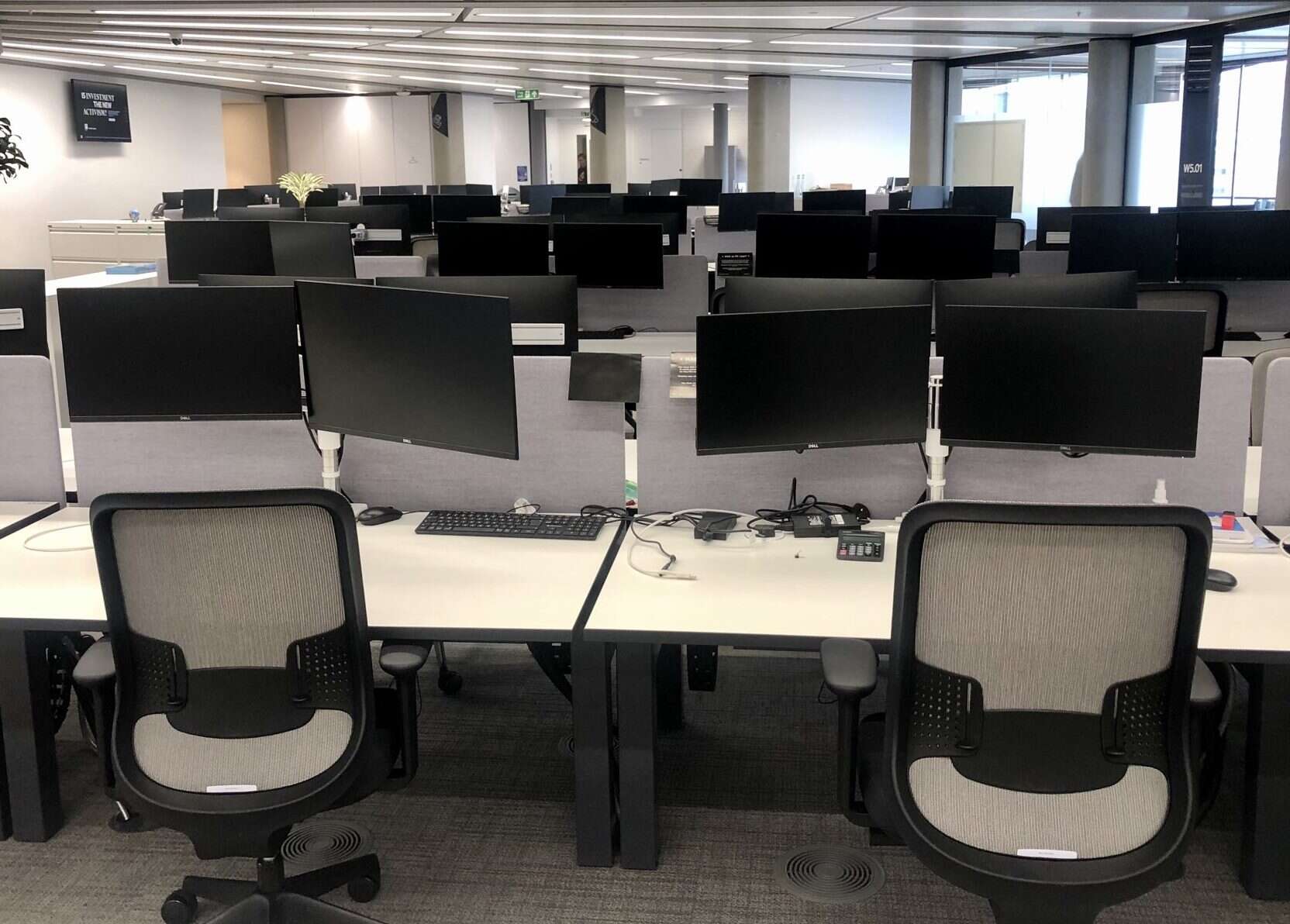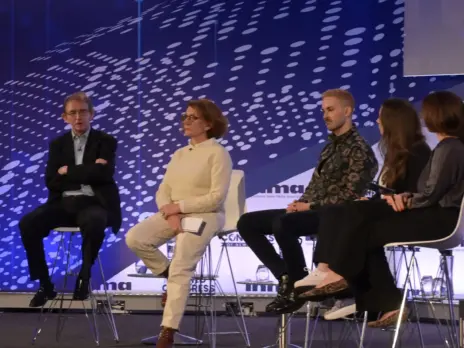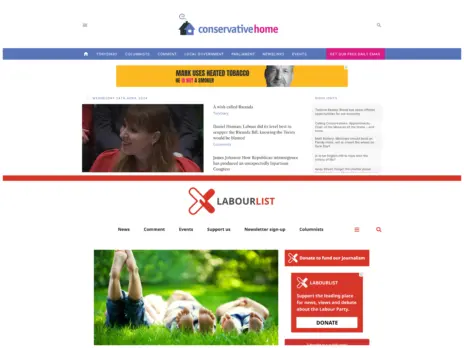
John Crowley ran a survey of journalists in March and April to ask them how they were coping with lockdown. In an excerpt from his co-authored report Journalism in the Time of Covid they reveal what it was like to work in a “pandemic bubble”
Covid-19 utterly transformed how news organisations function.
Most newsrooms swiftly – and in several instances, seamlessly – transferred to a working-from-home model. However, while newsprint and digital products had undergone this transition, little thought had gone into how journalists were coping from home.
In a series of conversations as the UK went into lockdown, national newspaper staff told me that their well-being was an afterthought.
One editor on a UK national news desk had been so poorly treated before that he never expected a helping hand to be extended.
“The company hasn’t done anything really,” the journalist said in March.
“It didn’t even occur to me they had a responsibility to me until someone pointed it out.
“They’ve been scrambling how to respond to the crisis. After two weeks of lockdown, I feel HR should have sent something around saying people are struggling.
“The online team which I work for independently set up a WhatsApp group because they all went to work from home. That was an active group for a day or two. Its tone was positive but no-one admitted to any genuine problems because there were so many in the group.
“I was moved to another desk and that exacerbated the shock. You go through denial and shock and then you adjust. I spoke to friends [for support] and that was enough for me.”
Asked if any manager had asked after their wellbeing, the journalist burst into laughter at the suggestion. “No-one said: ‘Are you ok?’ It’s the culture of the place. There are priorities on the job and the impression is it doesn’t seem to have affected [other members of the desk] greatly.”
The interviewee agreed that journalists may have hid their feelings to mask them from being seen as “weak”.
“You feel isolated,” the journalist added. Coping “depends on your personality and what social contact you need. We are going from an office environment to a solitary one. You have to be careful with that”.
Another news editor at a UK newspaper said at the start of April: “On the days that I am working I will put in close to 12 hours and, because of the lockdown, do not take much of a break.
“More than the hours, it is being in the pandemic bubble that bothers me. I feel like I don’t have a clear perspective on what is going on and feel the need to ask non-journalists about their view of the situation to help me find a balance.”
Asked how the transfer from the office to working from home has gone, the journalist responded: “The transfer has its positives – not having three hours commute every day. In general, the move to working from home has been OK.
“I work from the kitchen table which is comforting in that it’s a nice place to be but I don’t have an office chair so my back is hurting.
“My family and I have worked hard to be understanding of each other under difficult circumstances. We take the positives of being together more as the biggest part of the move.”
Did the journalist genuinely feel consulted and had anyone said thank you or helped with his home-working situation?
“I didn’t feel consulted at all and corporate communication about this was very poor initially.
“What would help me to improve my working environment? A work chair, better computer and exercise facilities would make me feel physically better.”
Some news organisations did step in to offer help. One news editor at a global news organisation said bosses had told staff they had £150 to spend on “setting up” a workstation at home.
One theme which respondents returned to was a feeling of insecurity about their own job prospects.
This was linked to a lack of transparency and communication from management. Of those who worked in a newsroom, many felt their leadership had not given them a clear long-term vision. “If they have any at all,” one remarked with derision.
Another interviewee felt that there was a “paucity of thinking” from those above. “We are just managing decline,” the journalist opined.
One further journalist working on a wire service said of early lockdown: “Every team wanted to write stories at double the length, every first take of a story seemed vital, markets were moving in a ridiculous way.
“The place where I’ve worked has been stressful and intense for the past five years.
[Read more: Study reveals exclusion of female voices in coverage of Covid-19 pandemic]
“I have gone on the journey from news junkie to a moderately burned out 40-something. Most people don’t have an unending capacity to keep on taking on more information. Maybe some working practices need to change.
“The stress isn’t just the news, it’s mid-career stress and strain of balancing family and work. But it does feel like journalism is a pretty unique thing. You go outside of the business and people just don’t understand what journalists do.”
Asked how they would like their news organisation to change, another journalist responded in my survey: “More focus [is needed] on staff well-being.
“It shouldn’t take a pandemic to acknowledge the intense pressure we are under and always have been, topped up with uncertainty of shifts and work in the long term.”
The survey also prompted some darkly humorous observations about the ‘new abnormal’.
“More WFH, better communication. I’ve not missed our editor’s childish outbursts!” opined one respondent.
Would newsroom leaders be more interested if it could be shown that mental health has an impact has on the bottom line?
At a basic human level, many feel newsroom management should be taking an interest in their staff’s wellbeing.
Journalism is always ready to preach to others on a raft of subjects, including mental health. Perhaps it should hold itself to a higher standard.
‘Journalism in the Time of Covid’ was co-authored by freelance journalists John Crowley and Andrew Garthwaite.
Email pged@pressgazette.co.uk to point out mistakes, provide story tips or send in a letter for publication on our "Letters Page" blog






